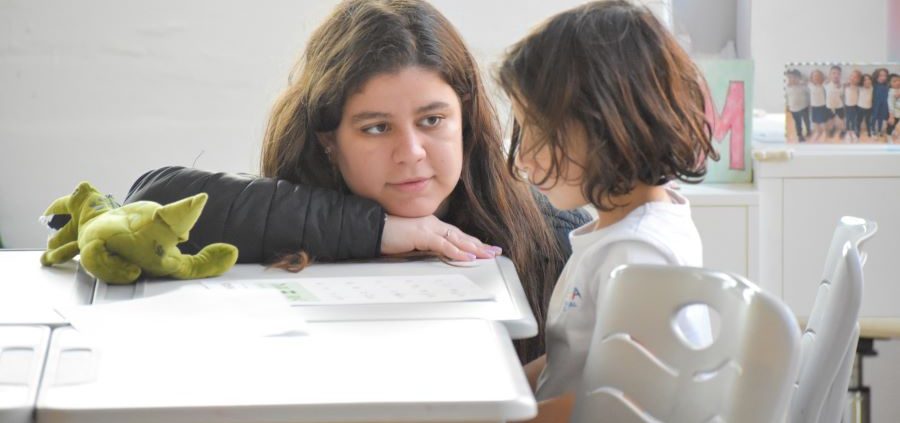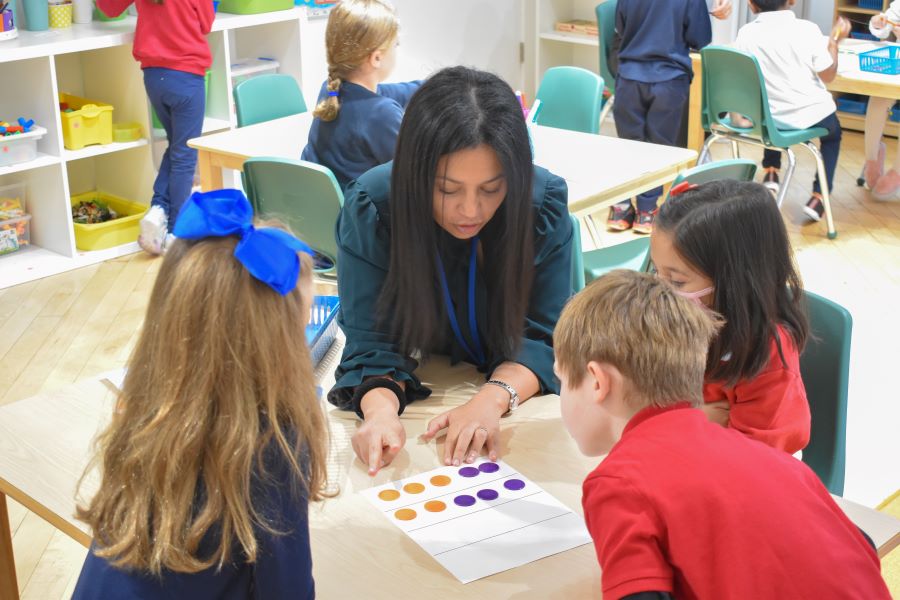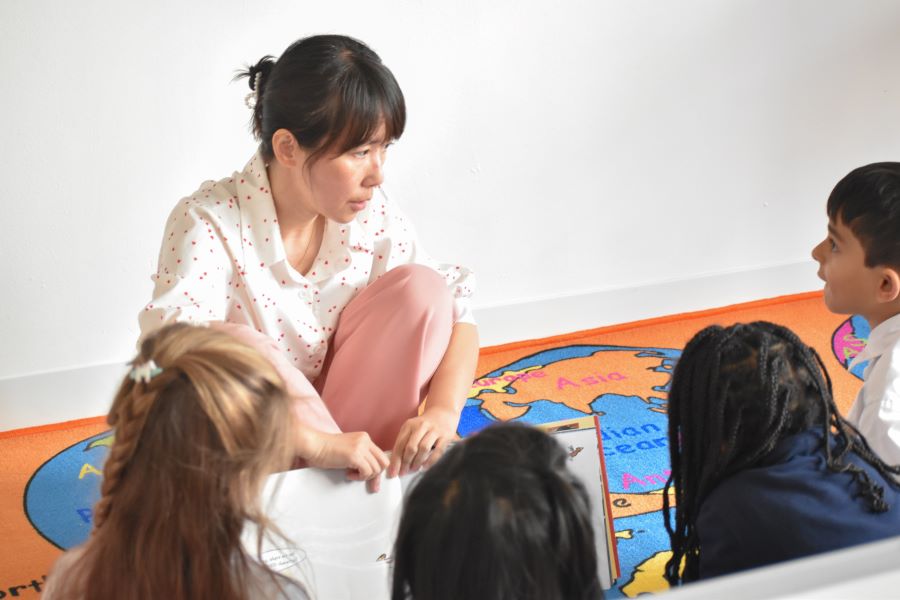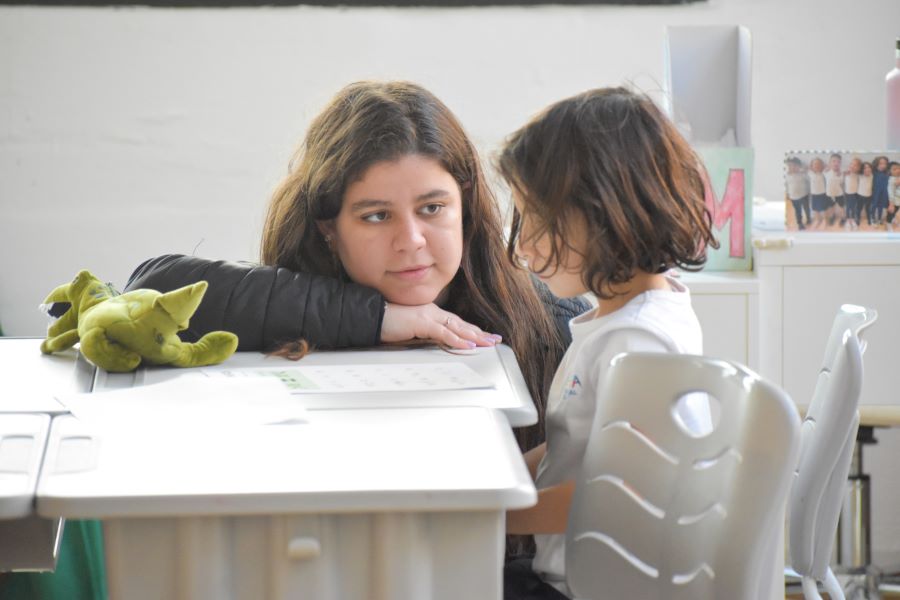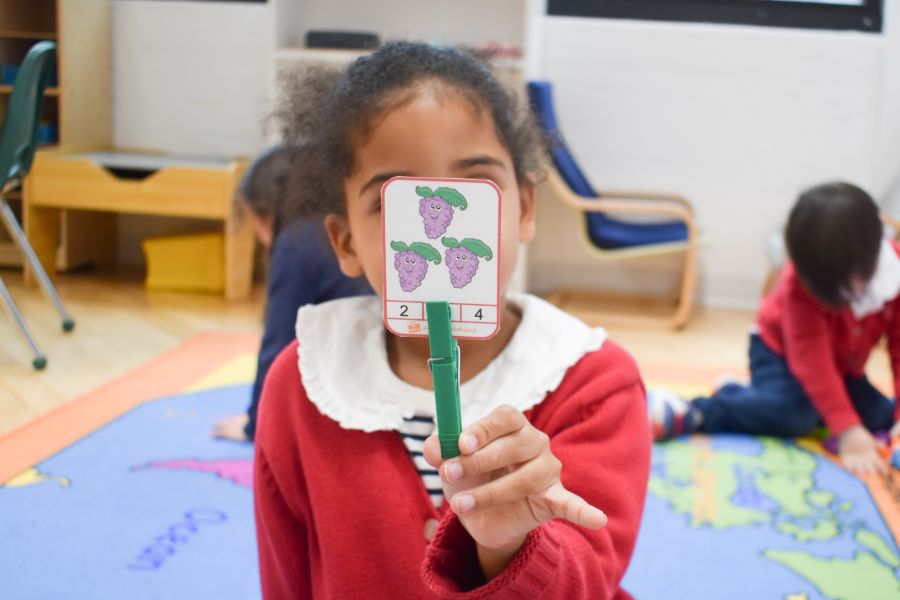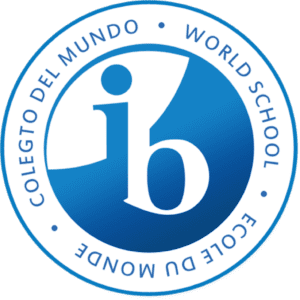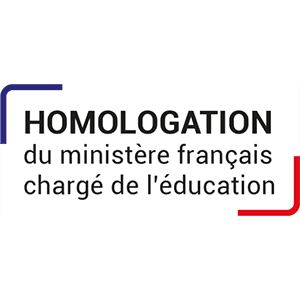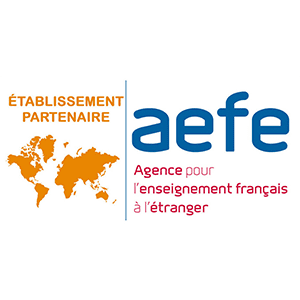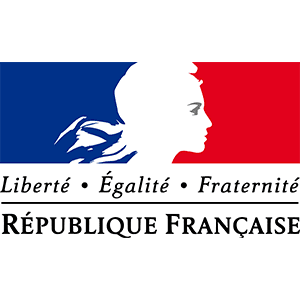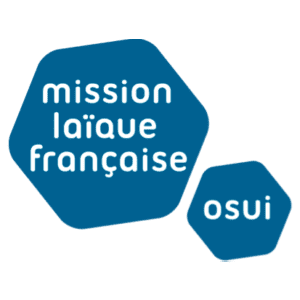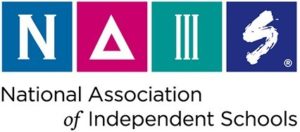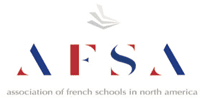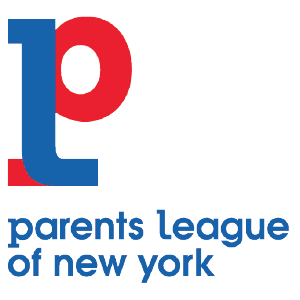Personalized Learning: The Heart of Differentiated Instruction
Education is a dynamic field, and as educators, our goal is to help each student reach their full potential. To achieve this, differentiated instruction is a powerful tool. It’s the process of tailoring lessons to meet each student’s unique interests, needs, and strengths, all while steering them toward the same learning objectives. In this blog post, we’ll explore what differentiated instruction is, why it’s essential, and how it aligns with our educational philosophy at Tessa International School.
Understanding Differentiated Instruction
Differentiated instruction is all about personalization. It’s the art of crafting lessons that cater to the diverse ways students learn and grow. This method empowers students with the freedom to choose how they want to navigate the path to understanding a topic, and it’s a guiding principle of modern education. It’s the cornerstone of the International Baccalaureate, where students are encouraged to be actors of their own learning.
Why Is Differentiated Instruction Important?
- Meeting Individual Needs: No two students are alike. Differentiated instruction acknowledges these differences and tailors learning experiences to fit each student’s unique profile. By doing so, it ensures that every student has the opportunity to learn effectively.
- Personalized Learning: Giving students choice and flexibility in how they learn fosters a sense of ownership over their education. When students are actors of their learning, they are more motivated and engaged, and the lessons become more meaningful to them.
- Clarity and Goals: Differentiated instruction doesn’t mean chaos or randomness in the classroom. On the contrary, it requires instructional clarity and well-defined learning objectives. When students know the goals they need to reach, they are better equipped to meet them through their chosen pathways.
Differentiated Instruction Strategies
- Content Differentiation: Teachers can vary the content students study to achieve the same learning objective. Students may have options in subjects, topics, or approaches to grasp the material.
- Process Differentiation: This approach involves tailoring how students learn. It could mean grouping students based on their readiness levels or presenting concepts through different learning styles, such as visual, auditory, or kinesthetic methods.
- Product Differentiation: Teachers can allow students to choose the type of assignments they create to demonstrate their understanding of a concept. This could include written reports, stories, songs, speeches, or art projects.
- Environment Differentiation: Classroom environment plays a role in learning as well. By adjusting physical arrangements and routines, teachers can accommodate different learning preferences and needs.
The Benefits of Differentiated Instruction
- Connecting with Diverse Learning Styles: Not all students respond to the same teaching methods. Differentiated instruction ensures that various learning styles are accommodated, making it more likely for every student to engage with the material.
- Inclusivity: In some cases, differentiation is essential for students with disabilities, or non native language learners. It provides all students with the opportunity to keep pace with learning objectives. As an International School, this is a scenario we are familiar with, making differentiation an even more essential aspect of our educational philosophy.
- Motivating Learning: When students are actors of their own learning, they are more motivated. Differentiated instruction enables them to engage with the material in a way that resonates with their unique interests and learning styles.
Differentiated Learning at Tessa International School
At Tessa International School, individualized learning is not just a concept; it’s a fundamental part of our educational philosophy.
We take pride in our international community, which brings together students from various cultural backgrounds and language proficiencies. With a substantial number of students not being native speakers of the instruction language, differentiation becomes an essential component in every aspect of the learning process. By tailoring our teaching methods, content, and assessments to accommodate the unique needs of our diverse student body, we ensure that language barriers do not hinder their educational journey.
One example of how our educators achieve this are workshops, where students are grouped into smaller, focused learning environments. These workshops are designed to encourage teamwork, independent problem-solving, and self-directed learning as students rotate between various hands-on activities, in group, individually, with and without the help of a teacher. This diverse approach ensures that every student gets a well-rounded and personalized educational experience.
Differentiated instruction is a commitment to help each child shine in their unique way, and we’re excited to be a part of their growth and success. Learn more about an education at Tessa International School by visiting our website and scheduling a private tour or call.


